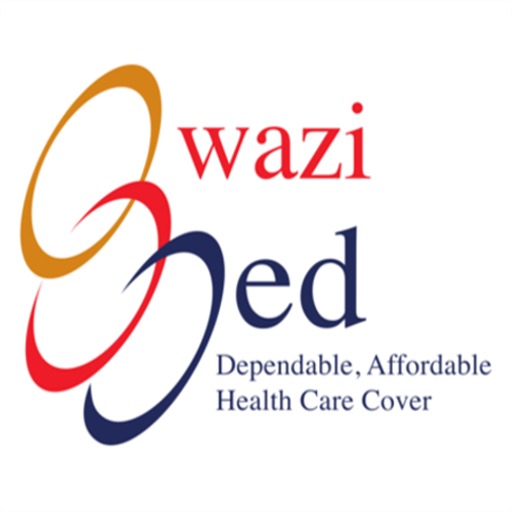
By Machawe Mnisi (Guest Writer)
In Eswatini’s fast-paced business environment, where every decision impacts the bottom line, one critical factor often overlooked is the cost of health. The increasing prevalence of non-communicable diseases (NCDs) such as diabetes and hypertension is not only burdening individuals but also disrupting businesses and the economy at large.
Themba Dlamini*, a 45-year-old entrepreneur, experienced this reality firsthand. For years, he managed his growing business while quietly ignoring symptoms of high blood pressure and elevated blood sugar levels.
Recently, he was rushed to the hospital after a health crisis during a business presentation. Doctors diagnosed him with complications from unmanaged diabetes and severe hypertension, requiring immediate treatment and prolonged care.
Themba’s medical bills quickly escalated to several thousands of Emalangeni, covering treatment, medications, and ongoing monitoring. “Without medical aid, I don’t know how I would have survived, both financially and physically,” he admitted. “Eswatini Med covered all my costs, allowing me to focus on recovery and not the crushing financial burden.”
His story reflects a growing challenge in Eswatini, where the impact of NCDs is reaching alarming levels. These conditions, often described as silent killers, can escalate quickly if left unchecked, leading to devastating health emergencies. For businesses, the ripple effect is significant, affecting productivity, profitability, and the long-term sustainability of operations.
Peter Simelane, Principal Officer of Eswatini Med, highlighted the economic consequences of health crises like Themba’s. “When business owners or employees are sidelined by conditions like diabetes or hypertension, the implications go beyond the individual. Entire operations can be disrupted, projects delayed, and productivity lost,” he explained.
Simelane emphasized that investing in medical aid is a strategic decision for businesses. “A healthy workforce is a productive workforce. Ensuring access to quality healthcare means fewer interruptions and better overall performance. For business owners, this is not just an expense but an investment in resilience and growth.”
Marketing and Client Relations Manager Sicelo Mkhonta echoed this sentiment, drawing attention to the importance of preventative care. “Conditions like hypertension and diabetes don’t develop overnight. Regular check-ups, monitoring blood sugar and blood pressure levels, and early interventions are critical in avoiding emergencies. Businesses should encourage employees to prioritize these measures as part of their wellness programs,” he said.
Eswatini Med continues to lead efforts to support both businesses and families, offering comprehensive plans that include coverage for chronic illnesses, emergency procedures, and wellness initiatives. The organization’s commitment to balancing affordability with high-quality care has made it a cornerstone of the country’s healthcare system.

Themba’s experience serves as a stark reminder of the costs—both financial and operational—of unmanaged health issues. In a competitive landscape, businesses that integrate healthcare planning into their strategies are better equipped to withstand unforeseen challenges. Eswatini Med’s role in facilitating access to care ensures that these challenges do not derail progress.
As Eswatini grapples with rising healthcare demands, the need for proactive measures is greater than ever. Whether for entrepreneurs like Themba or their employees, medical aid offers a vital safety net, ensuring that health crises do not become insurmountable obstacles to success.
(*Name changed for privacy.)